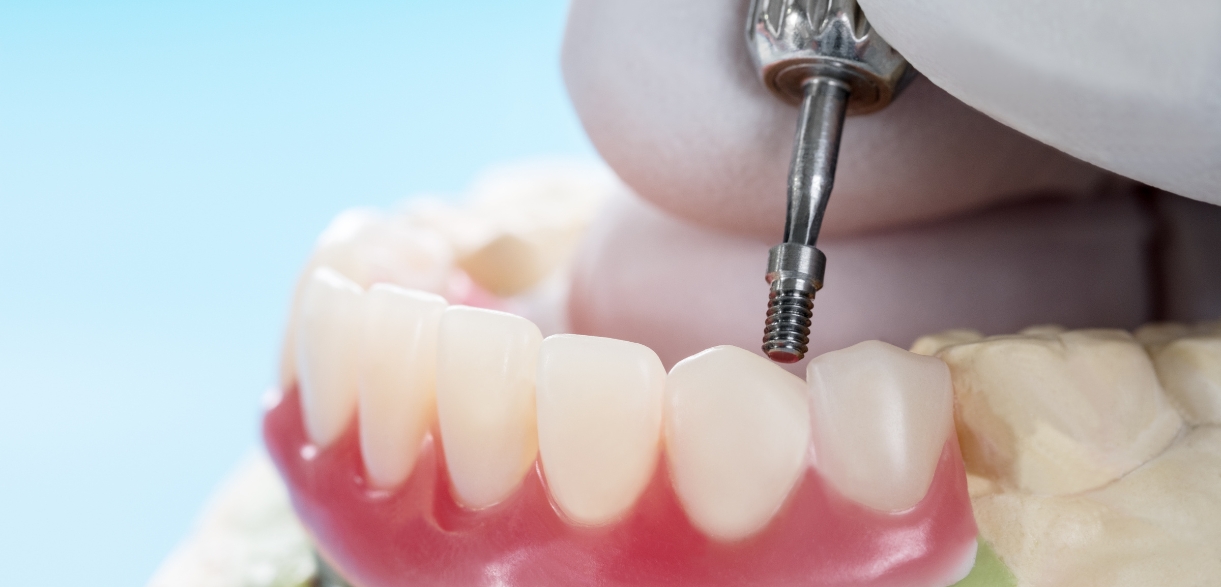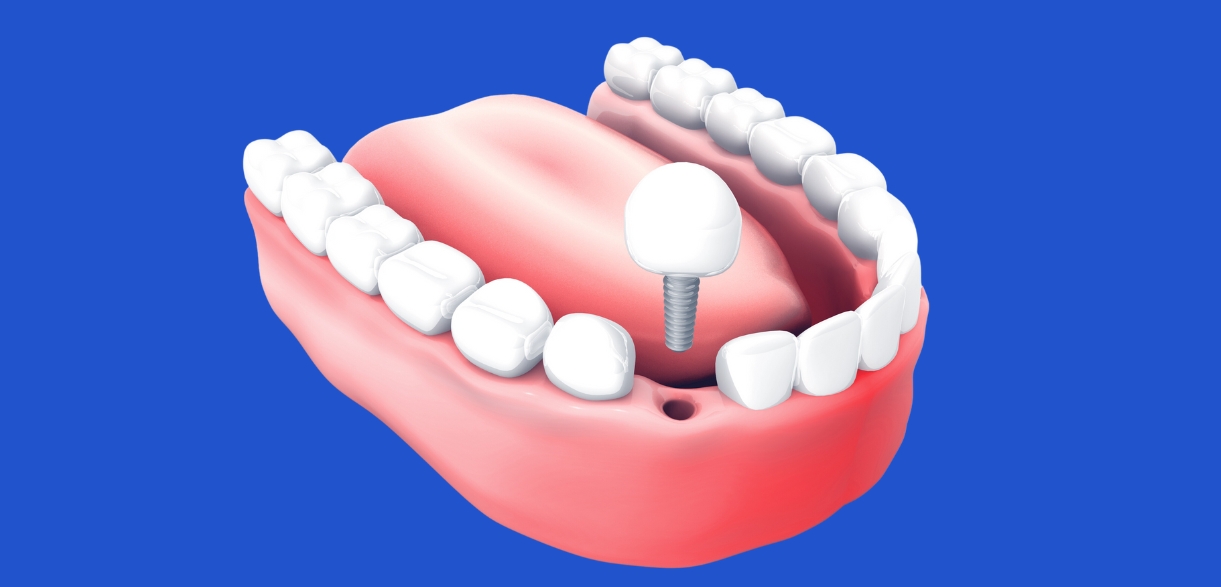Brentwood: (615) 235-1966

The Role of Artificial Intelligence in Dental Implant Planning and Placement
Brentwood, TN

Are you ready to embark on a journey where cutting-edge technology meets dental innovation? Get ready to explore the fascinating world of artificial intelligence and its transformative role in dental implant planning and placement. This blog post will explore how AI has revolutionized how dentists approach these procedures, enhancing precision, efficiency, and patient outcomes. Whether you’re a dental professional or an intrigued reader, join us as we unravel the secrets behind this groundbreaking integration of human expertise and machine intelligence. Get ready to be amazed by the endless possibilities that AI brings to the world of dentistry!
Benefits of AI in Dental Implant Planning
- Improved Accuracy and Precision: One of the standout advantages of AI in dental implant planning is its significantly enhanced precision. AI-driven software can analyze patient-specific data, such as 3D scans and digital impressions, with unprecedented accuracy. This means that treatment plans can be tailored meticulously, leaving little room for error during the surgical phase.
- Efficient Data Analysis: AI algorithms can efficiently process patient data, allowing for personalized treatment plans. This tailored approach considers unique factors such as bone density, oral anatomy, and the patient’s overall health. The result is a plan that caters to the specific needs of the individual, optimizing outcomes.
- Risk Reduction: Human error is inherent in any medical procedure, including dental implant surgery. AI integration aims to minimize these risks by offering a reliable and consistent approach. With AI assistance, dental professionals can work more confidently, knowing that their surgical plans are based on highly accurate data.
AI Applications in Dental Implant Planning
- Comprehensive Assessment: AI-driven software enables comprehensive assessments of the implant site. It can analyze the bone structure, identifying potential challenges and opportunities. This allows for better-informed treatment decisions and a deeper understanding of the patient’s case.
- Virtual Placement: AI facilitates virtual implant placement and simulation. The dentist can practice the entire procedure virtually, adjusting their approach as needed. This saves time and offers a chance for fine-tuning the surgical plan for optimal results.
- Predictive Algorithms: AI can assist in selecting the most suitable implant type and size based on the patient’s data. Predictive algorithms help dentists choose implants that offer the best chance of success. This is a crucial aspect of planning, as implant selection significantly influences the overall outcome.
AI Applications in Dental Implant Placement
- Augmented Reality Guidance: Imagine dentists wearing augmented reality (AR) glasses during implant surgery. These smart glasses overlay critical information onto the dentist’s field of view, providing real-time surgical guidance. This technology ensures that the implant is placed with unmatched precision, reducing the risk of complications.
- Robotic Assistance: The integration of AI with robotics is another exciting development. Robotic arms can assist in implant placement, guided by AI algorithms. This combination offers a level of precision that is difficult to achieve manually. It’s a game-changer for dental implant surgery, promising remarkable results.
- Tool Integration: AI seamlessly integrates with implantology tools, ensuring that dental professionals have access to the most advanced equipment and technologies. The synergy between AI and these tools optimizes the entire process, from planning to placement.
Current Challenges and Future Possibilities
While integrating AI in dental implantology is incredibly promising, it’s essential to acknowledge its current limitations. AI is a tool to assist and enhance the work of dental professionals, but it does not replace their expertise. Dentists must interpret AI-generated data and make informed decisions. Additionally, there’s a learning curve associated with adopting these new technologies.
However, the future of AI in dental implantology is exceptionally bright. Ongoing research and development continue to expand the capabilities of AI, and the possibilities are staggering. We can expect more advanced predictive algorithms, even more precise robotic assistance, and augmented reality guidance that will further minimize the margin for error.
The Role of AI in Advancing Dental Implant Techniques
The role of AI in advancing dental implant techniques cannot be overstated. The precision, efficiency, and patient care it brings are unparalleled. The technology benefits dental professionals and, more importantly, enhances patient outcomes. As AI continues to evolve and become an integral part of dental implantology, patients can look forward to safer, more accurate, and ultimately more successful implant procedures.
Integrating Artificial Intelligence in dental implant planning and placement marks a significant advancement in dentistry. The benefits include improved accuracy, personalized treatment, and reduced risks. The limitations are acknowledged, but they pale compared to AI’s immense potential.
Dental professionals are encouraged to embrace this technological revolution and leverage the power of AI to provide their patients with the best possible care. As AI in dental implantology progresses, patient outcomes will undoubtedly reach new heights, reinforcing dental implants as a premier solution for tooth loss in the modern age.





